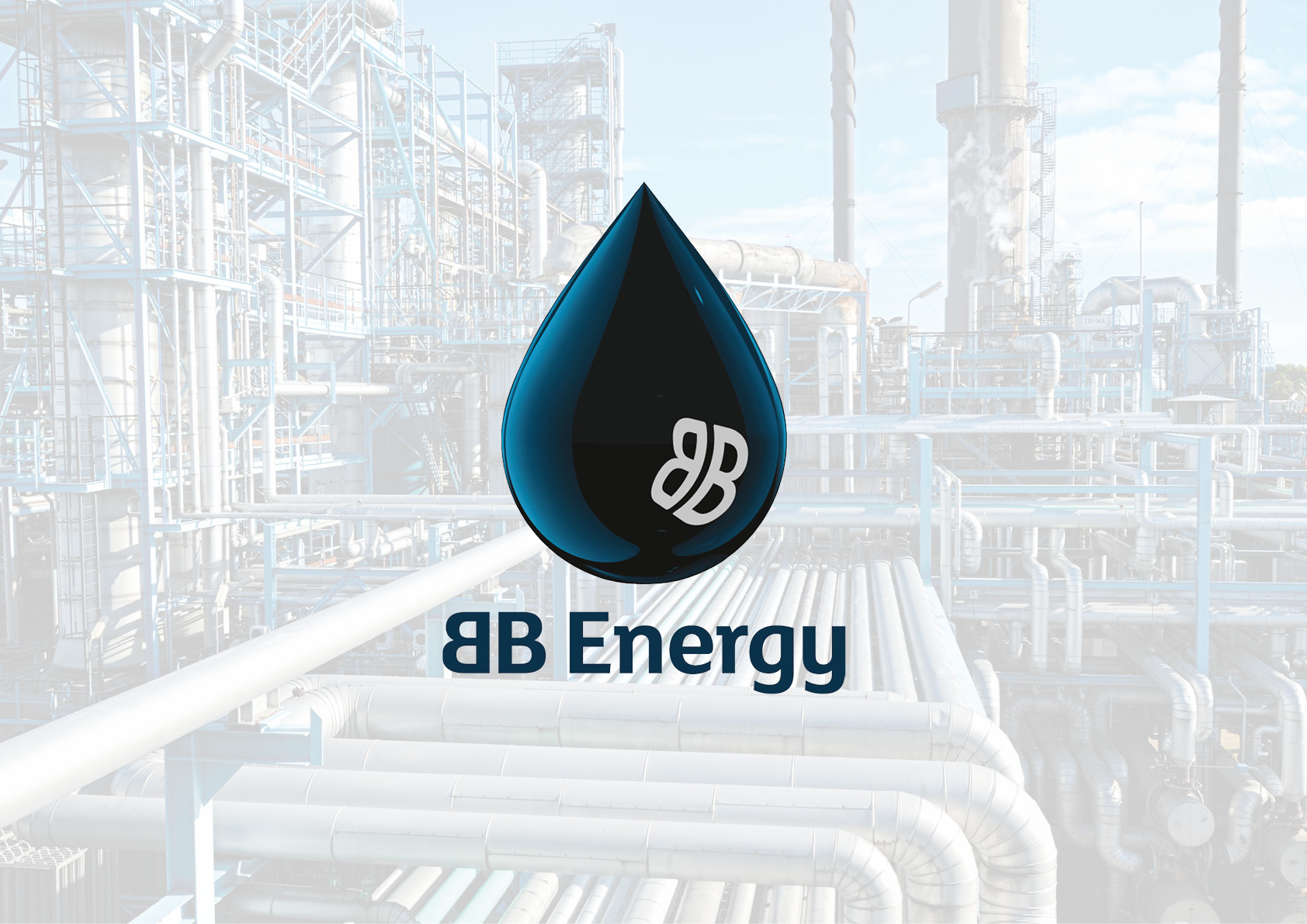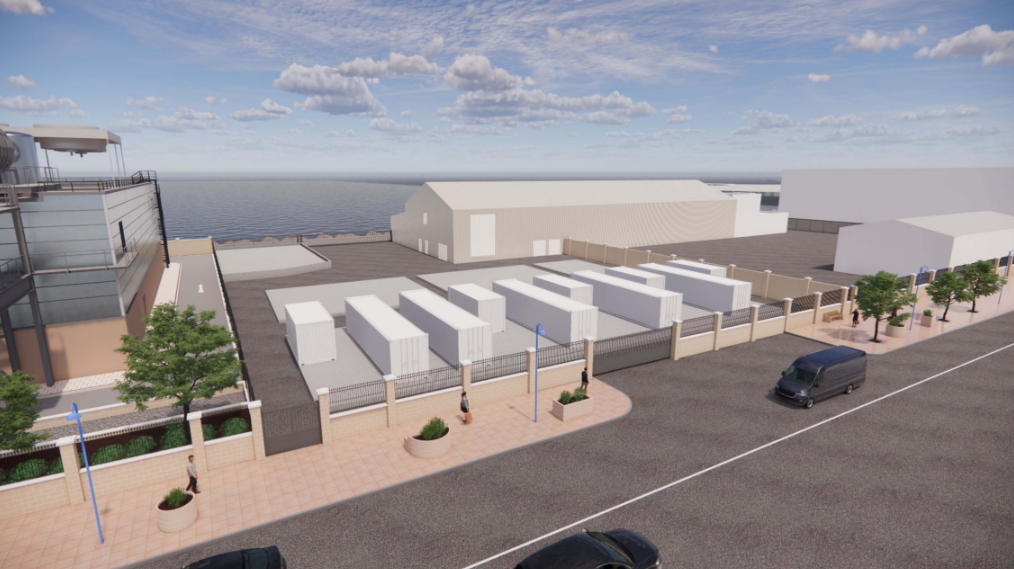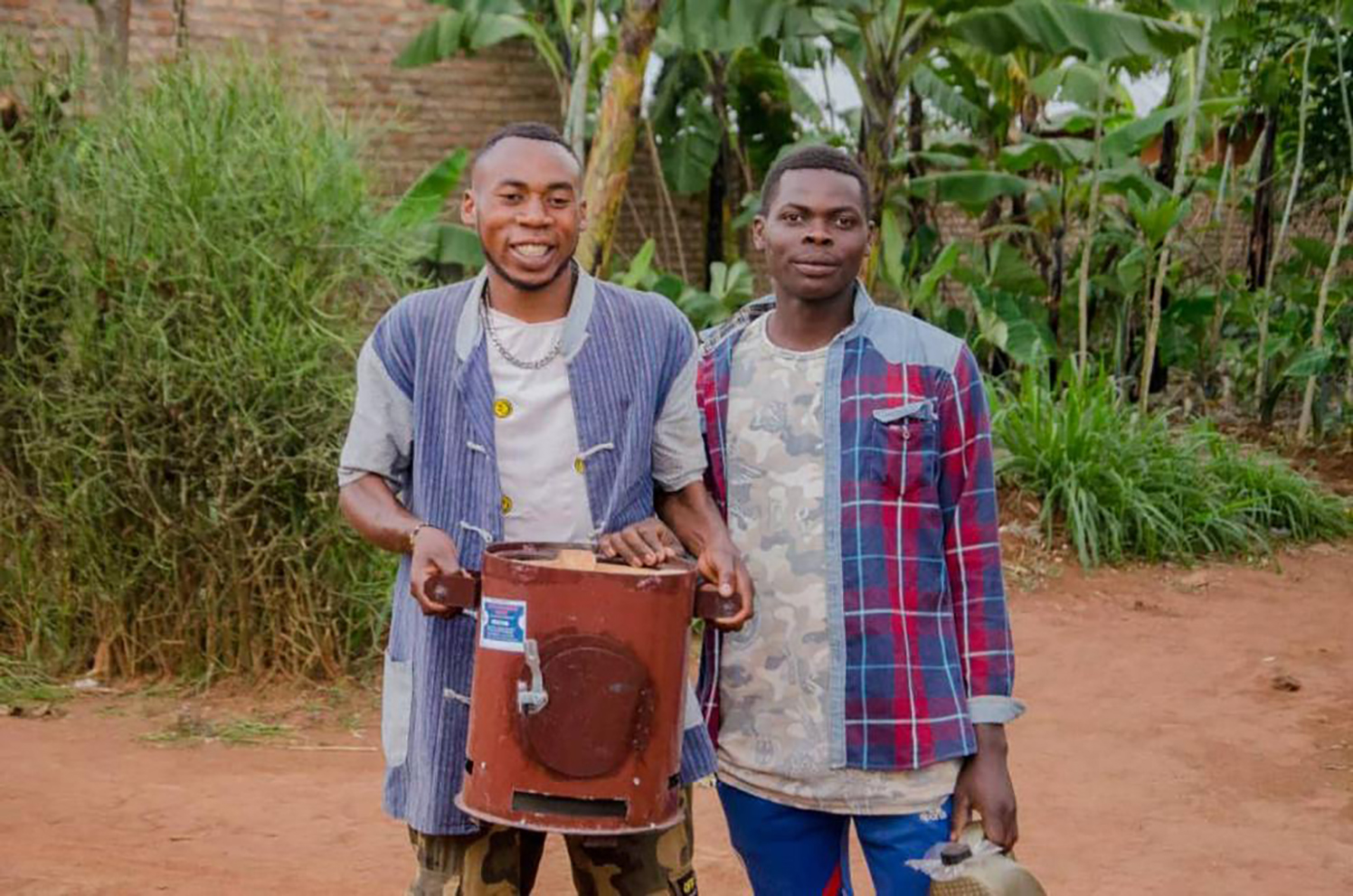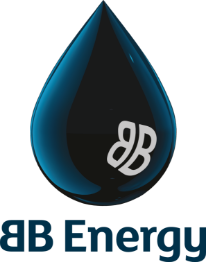News
INTERVIEW: Creating your own demand
This interview was conducted by and first published in Petroleum Economist in June 2018
BB Energy 6 June 2018
Oil trading isn’t what it used to be when Mohammed Bassatne started out in the business. In those days, oil traders aimed to tie up contracts for a sizeable chunk of their portfolios from a handful of major buyers through relatively straightforward tenders on a Friday afternoon.
Now, with the downstream side of the business much more fragmented because of privatisations and the influx of new buyers, it’s a tougher business. It’s also one that’s been made even harder by diminishing margins, Bassatne told Petroleum Economist. He’s now chief executive of BB Energy, the family-run, mid-sized oil and commodities trading company set up in Lebanon by his father back in 1967.
As the market has evolved, the margins have become thinner, so you have to do more volume to maintain a certain profitability,” he said in an interview at the company’s recently completed London office, one of 13 around the world.
Large buyers are no longer queuing up. So that has meant, over the past decade or so, a radical revamp of the way in which trading firms do business. They don’t just sell oil, they need to create demand for it, too—and Bassatne’s role has evolved accordingly.
“The company has changed tack, in that now my job as chief executive is to increase the company’s footprint in the downstream area and acquire customers for the long term,” he said. “You have to acquire assets or lease assets to get you to that demand.”
That has entailed the firm becoming more integrated across the oil supply chain. It has acquired assets such as import terminals, and—going even further downstream—petrol station networks. By creating its own oil demand, a trading firm is taking less of a risk in buying a cargo. It ensures that at least some of the oil has a guaranteed home in the company’s own downstream projects, leaving less to be sold on international markets.
BB Energy’s larger trading competitors have already made substantial inroads downstream—for example, Vitol bought a Shell refinery and petrol stations in Australia in 2014 for $2.6bn, pitching it against Trafigura’s Australian Puma refinery. BB Energy is now striving to catch up.
Downstream drive
The company has long been a global presence in trading, but it’s now moving to strengthen its downstream position in its core East Mediterranean markets and beyond.
BB Energy has longstanding downstream operations in Lebanon, and bought the Turkish petrol retailer Citypet in 2016, rebranding it Hypco Turkey. The company now operates more than 60 petrol stations there. It also imports bitumen to Turkey. Further afield, BB Energy bought an Australian diesel terminal from Morgan Stanley in March 2017. The Pioneer Energy facility at Mackay, Queensland, which was commissioned in 2014, has three storage tanks capable of holding 75,000 cubic metres of diesel in total.
In common with its rivals, BB Energy is building up both trading and downstream interests in developing markets from South Asia to Latin America. The company made its debut in the liquefied petroleum gas market in 2015. It supplied an import terminal and bottling plant in Bangladesh, in which it had invested to gain access to the country’s large propane market.
“We invested in a greenfield project for LPG. We now also own about four storage sites around the country and we have a couple of million bottles of LPG in the market. So, we’ve gone the whole way down,” Bassatne said.
The company is also picking up more Russian business. “We do a bit of pre-financing in Russia and buy a lot of products from that area, especially out of the Black Sea, because it fits with our strategic heart,” he said.
BB Energy has long been a major player in North African markets, where the company’s appetite was undimmed by the Moroccan government’s liquidation of the Samir refinery in 2015. This left oil traders, including BB Energy, being owed hundreds of millions of dollars. Elsewhere in the Maghreb, the company buys oil cargoes from Libya’s National Oil Corporation.
Sub-Saharan focus
BB Energy is now extending its reach on the continent to the south of the Sahara, a burgeoning market for the distillates trade. This is set to strengthen further, as tougher fuel standards are introduced globally. Distillates accounted for around half of the company’s total trade of 19m tonnes of crude and products in 2017.
Bassatne’s firm has just opened an office in Accra to take advantage of opportunities in Ghana’s growing energy sector and is also trying to build up business in Nigeria. The prospects there are buoyed by energy sector reforms and efforts to improve domestic refining capacity.
“Margins have become thinner, so you need more volume”— Bassatne, BB Energy
BB Energy has also taken a small stake in the Western Area Power Generation Project near Freetown, Sierra Leone, against a contract to supply fuel. It will supply heavy fuel oil to the 57-megawatt facility, which is backed by multilateral development institutions, on a 15-year contract. Bassatne would like to see the firm get more of a toehold in Angola, where he expects more opportunities for traders under the country’s new leadership.
The company was drawn into a political and media storm in Ghana this year, following its purchase of oil from the country’s Bulk Oil Storage and Transportation Company (BOST) last September. Local energy sector reform campaigners suggested that BOST had sold 1.8m barrels to BB Energy for some $20m less than it was worth. BOST said the accusations had arisen because of a lack of understanding of the way in which the oil trade works.
Bassatne agreed, saying that pricing had become more complex, as oil traders deepened their involvement in pre-financing the processing of the oil they were buying. BB Energy has been involved in prefinancing in Ghana and elsewhere. This practice is becoming more common in developing markets such as those in Africa. A shortage of alternative financing means this may be the only way for companies like BB Energy to enable the delivery of oil cargoes.
Smaller, niche players now face the challenge of competing on financial terms with the big guns like Glencore and Vitol, which have the balance sheets to provide the necessary credits. “As a trader today, you must have the ability to prefinance or sell on open credit. That’s where you see the differential between the big guys and the smaller players,” said Bassatne.
Whether it is in Greece or even prepayment to Rosneft,” BB Energy’s chief executive continued, “the amount of money involved is quite big. The same applies in West Africa. When you make a proposal to them, you don’t just have to be competitive on the price. They are all asking you for financing and that’s where it becomes tricky. Some of our competitors may make more money on the financing than they do on the actual trading.”
Growth sectors
In terms of growth, Bassatne expects liquefied natural gas, which is a relatively small part of the firm’s business now, to provide the biggest potential. The company has LNG traders in Dubai, London, Singapore and the US, and is seeking to expand its team. The firm is also looking at the downstream gas sector, having recently bid on a tender in Lebanon for a floating storage and regasification unit. “Today, there is ample LNG supply, but by 2021-22, demand will start increasing,” he said.
The middle distillates sector is also likely to provide new trading opportunities, with the introduction of lower sulphur-content rules for shipping fuel in 2020. The International Maritime Organisation (IMO) set 2020 as the implementation date for a reduction in the sulphur content of fuel oil used by ships to 0.5% from the current 3.5% limit. In April 2018, the organisation said it had approved measures to ban ships carrying high-sulphur fuel from 2020, if they don’t have sulphurstripping equipment on board.
Bassatne said the industry seemed to be blinkered to the impact of the new regulations. “We just don’t see where this fuel oil is going to be made,” he said. “You will probably have to tap into the diesel or gas oil pool in order to meet the requirements of IMO 2020—diesel will have a very interesting part to play.”
Media Contacts
Karim Bassatne
Head of Corporate Communications
T: +971 4 432 8300
E: corporatecommunications@bbenergy.com
You might also like...

Video
BB Energy Foundation Round Table
Read more
18 October 2024

News
Solarcentury Africa Achieves Financial Close on a 14 MWh Battery Energy Storage Project in Gibraltar
The project has reached financial close with funding being provided by Solarcentury Africa, supported by its shareholder BB Energy, and the Government of Gibraltar
Read more
21 May 2024

Case Studies
Rwanda Improved Cookstove Initiative
BB Energy's flagship Improved Cookstove (ICS) initiative was launched in Rwanda in 2022. The aim is to distribute 500,000 efficient woodfire cookstoves to rural communities in the various Provinces of Rwanda.
Read more
20 May 2024
